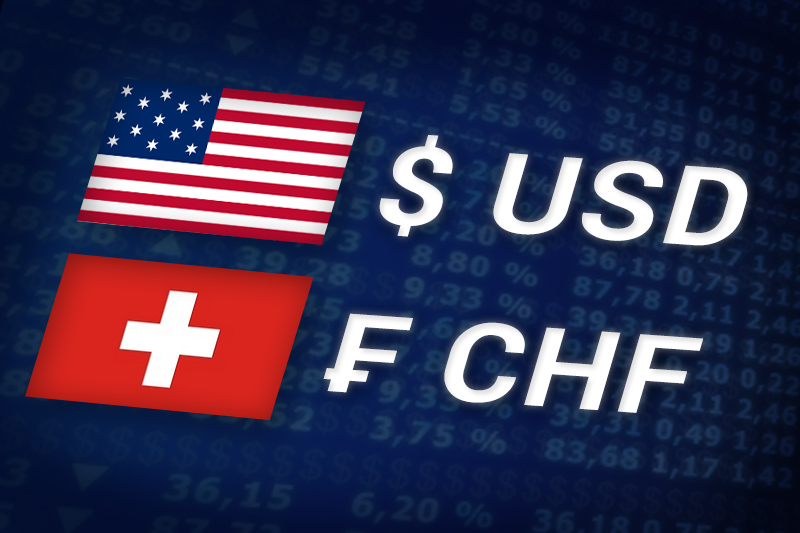Investing.com – The U.S. dollar fell to a new all-time low against the Swiss franc on Wednesday, after minutes of the last meeting of Federal Reserve policy makers indicated that fresh stimulus measures could be necessary.
USD/CHF hit 0.9544 during European afternoon trade, a new record low; the pair subsequently consolidated at 0.9562, shedding 0.07%.
The pair was likely to find short-term support at 0.9500 and resistance at 0.9726, Tuesday’s high.
Earlier Wednesday, official data showed that Swiss producer price inflation fell unexpectedly in September. In a report, the Swiss Federal Statistics Office said that PPI fell by a seasonally adjusted 0.1% in September, after rising 0.1% in August. Analysts had expected PPI to rise by 0.2% in September.
The report said that year-on-year PPI rose 0.3% in September, less than the 0.4% forecast.
Meanwhile, the Swissy was down against the euro, with EUR/CHF gaining 0.23% to hit 1.3356.
On Tuesday, the minutes of the September 21 meeting of Federal Open Market Committee showed that "many participants" believed "it would be appropriate to provide additional monetary policy accommodation" if unemployment remained too high or inflation too low.
USD/CHF hit 0.9544 during European afternoon trade, a new record low; the pair subsequently consolidated at 0.9562, shedding 0.07%.
The pair was likely to find short-term support at 0.9500 and resistance at 0.9726, Tuesday’s high.
Earlier Wednesday, official data showed that Swiss producer price inflation fell unexpectedly in September. In a report, the Swiss Federal Statistics Office said that PPI fell by a seasonally adjusted 0.1% in September, after rising 0.1% in August. Analysts had expected PPI to rise by 0.2% in September.
The report said that year-on-year PPI rose 0.3% in September, less than the 0.4% forecast.
Meanwhile, the Swissy was down against the euro, with EUR/CHF gaining 0.23% to hit 1.3356.
On Tuesday, the minutes of the September 21 meeting of Federal Open Market Committee showed that "many participants" believed "it would be appropriate to provide additional monetary policy accommodation" if unemployment remained too high or inflation too low.
